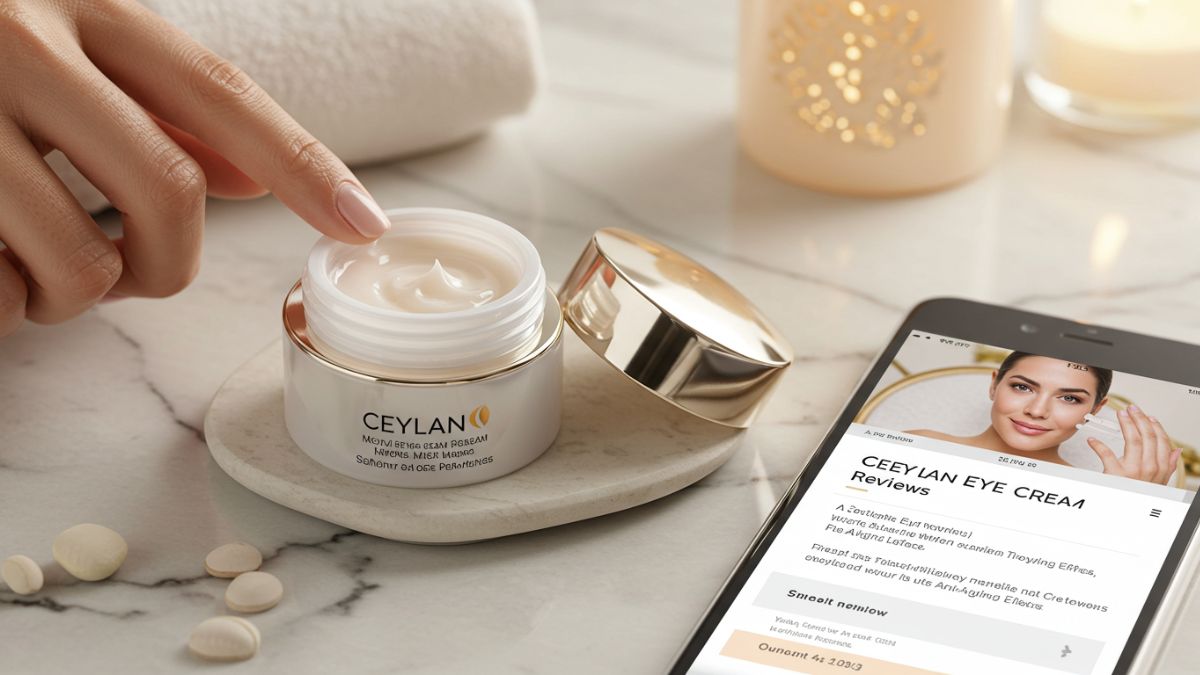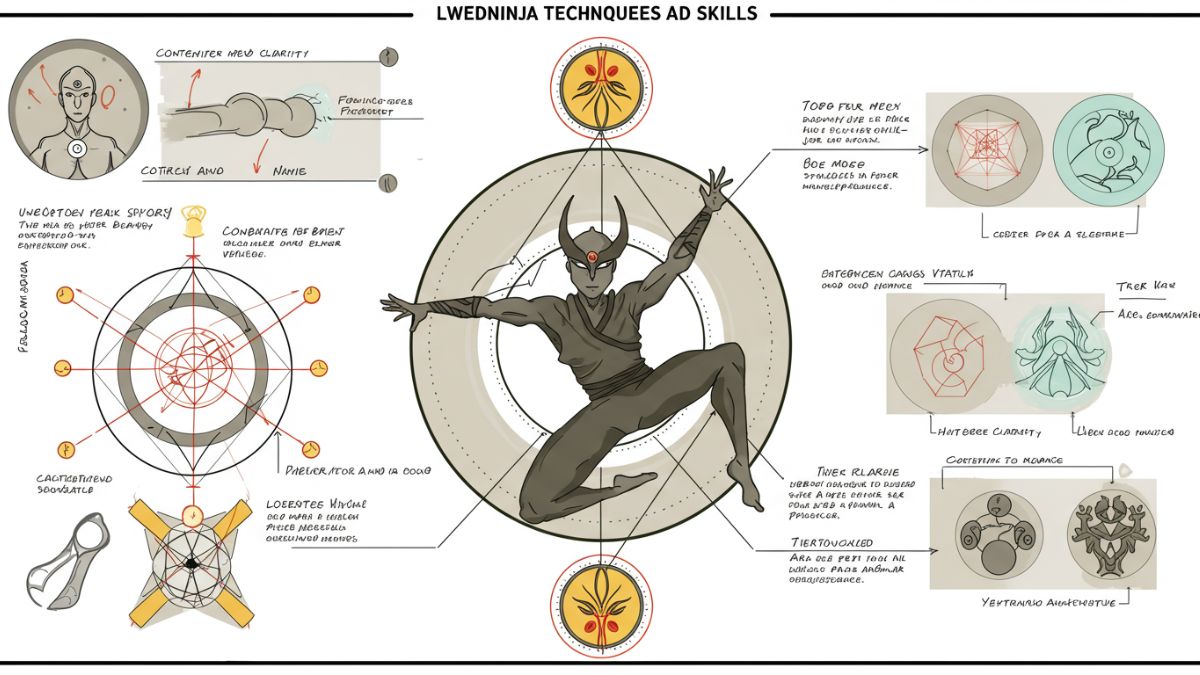In the past few years, social media has had a big impact on health and beauty trends, especially in the field of cosmetic dentistry. People who want a perfect, white, and regular smile often use what are called “Turkey teeth.” This is one of the more controversial new trends. This word refers to the act of going to another country, usually Turkey, to get expensive dental work done. Even though the results may look good at first, this trend has caused a lot of worry in the dental community, especially among the top dentists in London.
Dr. Sahil Patel, a renowned cosmetic dentist at Marylebone Smile Clinic, offers a word of caution: “While it may seem tempting to seek affordable dental care abroad, patients must understand the long-term implications of such invasive treatments. Restorative procedures like crowns and veneers, when improperly done, can lead to irreversible damage, which may ultimately cost far more to correct.”
The allure of “Turkey Teeth”
The appeal of the Turkey teeth trend lies primarily in its affordability and quick turnaround. In countries like Turkey, cosmetic dental treatments such as veneers or crowns are often offered at a fraction of the price compared to private dental practices in the UK. Many clinics advertise full smile makeovers that can be completed in just a few days, which is highly attractive to individuals seeking immediate results.
Moreover, social media platforms are flooded with testimonials and before-and-after photos of patients showing off their newly transformed smiles. This type of marketing often omits the less glamorous aspects of the process, including potential risks and long-term consequences.
The Difference Between Crowns and Veneers
Differentiating between crowns and veneers—the two procedures that get the most advertising—is crucial for comprehending the possible dangers of the Turkey teeth craze. To improve the look of teeth, veneers—which are thin shells made of porcelain or composite resin—are attached to the front surface. They are gentle on teeth and don’t alter their structure in any way.
Crowns, on the other hand, cover the entire tooth and often require significant reshaping of the original tooth. While crowns are an excellent solution for teeth that are heavily decayed or damaged, they are not always necessary for purely cosmetic purposes. However, many patients seeking Turkey teeth end up with crowns when veneers might have sufficed, leading to more invasive and irreversible dental work.
The Risks of Invasive Dental Work Abroad
One of the primary risks associated with undergoing invasive dental procedures abroad is the potential for substandard care. Although there are many reputable dental clinics in Turkey, the lack of consistent regulation and oversight in the dental industry means patients could inadvertently choose a clinic with lower standards.
Improperly fitted crowns or veneers can lead to a host of problems, including chronic pain, gum inflammation, and even infections. In some cases, patients have reported needing root canal treatments shortly after returning to the UK because their teeth were over-prepared during the procedure. This not only adds to their financial burden but also compromises the health of their teeth permanently.
Dr. Patel elaborates, “Once a tooth is filed down to fit a crown, that natural tooth structure is lost forever. If the procedure is not done with precision and care, it can create a domino effect of dental issues, requiring multiple corrective treatments over the years.”
Hidden Costs and Long-Term Maintenance
Although the initial cost of getting dental work done abroad may be lower, the hidden costs can be substantial. Follow-up care, corrective procedures, and long-term maintenance are often necessary to address complications. In the UK, corrective treatments can be expensive, and some patients may find that they need to replace their crowns or veneers far sooner than they anticipated.
Additionally, dental restorations such as crowns and veneers require regular maintenance to ensure their longevity. This includes routine check-ups, professional cleanings, and occasionally replacing the restorations every 10 to 15 years. Failing to account for these ongoing costs can lead to significant financial strain in the future.
The Psychological Impact
Beyond the physical and financial risks, the Turkey teeth trend can also take a toll on an individual’s mental well-being. Patients who experience complications or are dissatisfied with their results may struggle with regret and lowered self-esteem. The emotional distress of dealing with persistent dental issues can be overwhelming, particularly for those who initially sought cosmetic treatment to boost their confidence.
In many cases, individuals feel misled by the promise of a perfect smile, only to discover that achieving and maintaining it requires far more time, effort, and money than they had anticipated. Dr. Patel emphasizes the importance of realistic expectations: “A beautiful smile is not just about aesthetics; it’s about health, function, and sustainability. Patients need to be fully informed about what their treatment entails and what is required to maintain their results over time.”
The Importance of Choosing a Qualified Cosmetic Dentist
For anyone considering cosmetic dental treatments, it’s crucial to prioritize quality and expertise over cost and convenience. In London, there are numerous highly qualified cosmetic dentists who adhere to strict professional standards and use state-of-the-art technology to deliver safe and effective treatments. Choosing a reputable dentist ensures that the procedures are tailored to the patient’s individual needs, minimizing risks and maximizing long-term satisfaction.
A comprehensive consultation with a cosmetic dentist typically involves a thorough assessment of the patient’s dental health, detailed treatment planning, and a discussion of all available options. This personalized approach helps patients make informed decisions and achieve their desired outcomes without compromising their oral health.
Alternatives to Extensive Dental Work
For those seeking to enhance their smile without resorting to invasive treatments, there are several less drastic alternatives available. Professional teeth whitening, for example, is a non-invasive and cost-effective way to brighten the smile. Orthodontic treatments such as Invisalign can correct misaligned teeth without the need for extensive dental work.
Composite bonding is another excellent option for minor cosmetic enhancements. This procedure involves applying a tooth-colored resin to repair chips, close gaps, or improve the overall shape of the teeth. Unlike crowns or veneers, composite bonding requires little to no removal of the natural tooth structure, making it a more conservative choice.
Educating Patients: A Collective Responsibility
The rising popularity of the Turkey teeth trend underscores the need for greater education and awareness about cosmetic dentistry. Both dental professionals and patients have a role to play in ensuring that informed decisions are made. Dentists must take the time to educate their patients about the risks and benefits of various treatments, as well as the importance of choosing a qualified practitioner.
Meanwhile, patients should approach cosmetic dentistry with the same level of scrutiny as they would any other medical procedure. Researching potential providers, asking questions, and seeking second opinions are all essential steps in the decision-making process.
Conclusion: Protecting Your Smile
A beautiful smile is a valuable asset, but it should never come at the expense of your oral health. While the Turkey teeth trend may offer an appealing shortcut to a dazzling smile, the potential risks and long-term consequences make it a gamble that few can afford to take. By seeking treatment from a qualified cosmetic dentist and prioritizing safe, sustainable solutions, you can achieve the smile you’ve always wanted without compromising your dental health.
As Dr. Sahil Patel advises, “Your smile is a reflection of your overall well-being. Take the time to invest in it wisely, and it will serve you well for years to come.”











